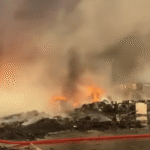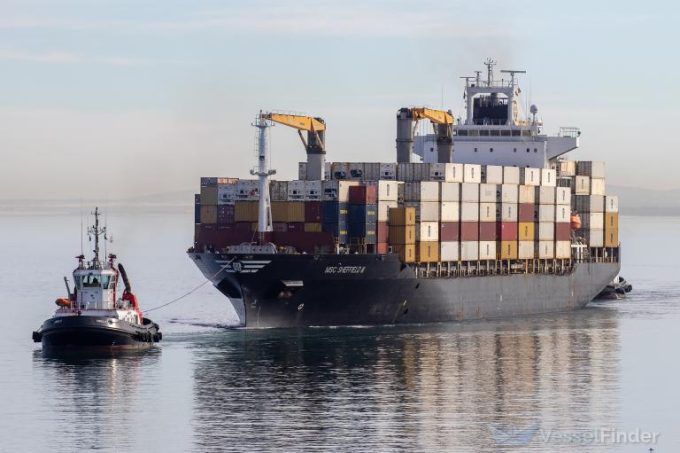With the increasing pressure on active foreign companies in Israel amid criticism of their behavior during the ongoing struggle in Gaza, the Spanish manufacturer CAF issued an intense statement to support its role in light railway projects in Jersielim, while highlighting the due care activities that it conducted before and during its work.
CAF confirms in the statement that it is expected to be included in the upcoming list of companies that are considered, directly or indirectly, in some activities included in the annual report of the United Nations High Commissioner. It is expected to increase the listing in the list, and it is scheduled to be published soon, from CAF audit and pressure to stop its activities in Israel.
CAF has a 50 % stake along with the Israeli construction company SHAPIR CIVIL & Marine Engineering at CFIR Light RAIL (previously Transjerusalem J -Net), which received a contract worth 1.8 billion euros in September 2019 to build a 22-km green line in addition to extension of 6.8 km from the red line in the case of Jerusalim. Work in both projects on its path to complete it in 2027.
Companies also have a separate contract that started in 2021 to operate both lines for 15 years, with the possibility of an extension for 25 years, and to provide maintenance for 25 years. CAF provides 114 Orbos LRVS to the Green Line along with signaling, communications and power supply systems. It will also renew 46 Citadis LRVS that operates on a red line of 13.8 km.
CAF was criticized in Spain for his work in Israel, specifically to help build light railways, which are claimed to facilitate what is called the illegal annexation of the Israeli government in East Jerusalem by linking Israeli settlements within the region to West Jerusalem. This reflects the broader international criticism of the Jersuulem light railway project, which was opened in the first stage in 2011.
However, in the statement issued on September 25, CAF highlights the due care procedures that it says has followed in the projects it worked on in the city, which it says does not violate human rights but provides a positive contribution to all the population, including the Arab minority.
Ethical effects
CAF says that he “strongly realizes” the complex legal and moral effects of the light railway project in Jerusalem, especially with regard to international humanitarian law and the accountability of companies. It proceeds to determine how to follow different protocols.
This includes, before signing the project contract, a detailed legal analysis that was conducted with the help of independent experts who confirmed that there is no violation of CAF participation in the project. In addition, CAF’s initial risk assessment did not find any human rights violations. Instead, the project was found in these assessments for a positive non -discriminatory effect, providing access to basic social services and providing sustainable and environmentally friendly infrastructure.
The statement says: “In addition to compliance with the organizational framework in force, CAF is a firm belief in work ethics and respect for human rights in all its operations, including its value chain, based on the highest standards of accountability and transparency,” the statement says.
“In order to achieve this purpose, CAF created a set of rules, procedures and regulations, which are based on the highest level, which together constitute a comprehensive system that applies to the entire group, in addition to third parties contracting with CAF, with the purpose of preventing any delivery that can be unethical or inconsistent with the law, or CAF’s internal jarry system.”
“According to the implementation of the project, CAF carried out certain measures of due care with three levels of intensity (general, improved, and intensified), according to Evidence of increasing the provisions of human rights due to the contexts affected by the conflictPublished by the United Nations, in order to define, prevent and reduce any negative impact on human rights.
“CAF is still committed to behaving according to the highest standards of integrity, accountability and transparency, and continuing to give priority to monitor any material issue related to morals and human rights, as well as the organizational framework whereby it works.”
The full statement is available here.










